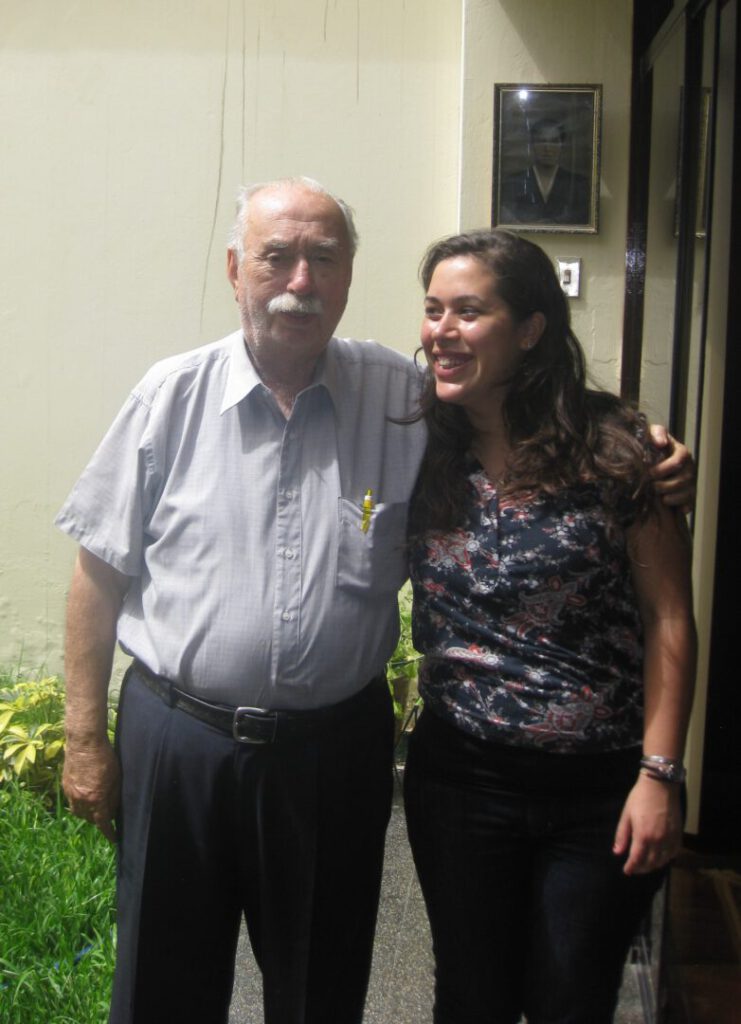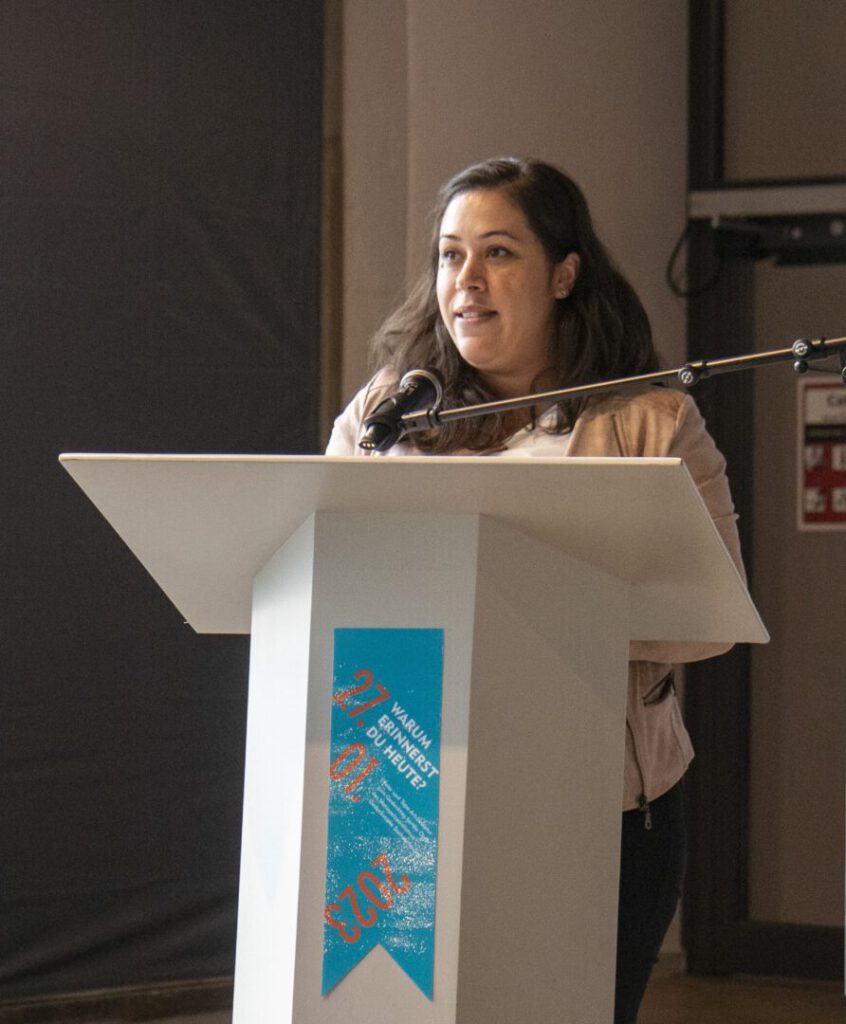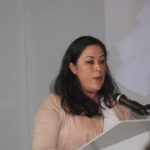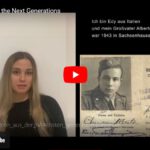Danielle Chaimovitz reflects on the reponsibility of descendants to remember and on a promise that she made to herself
I grew up with the holocaust as the background music of my family. It was always there even when we didn’t speak about it. I was fortunate to hear stories of survivors directly from them and even to visit Auschwitz with my grandfather and hear what he remembers from his time there.
In my youth, we had holocaust studies at school. I was always active in the ceremonies in my school, youth movements and later as an adult. I remember a question that was often asked:
"How will the world remember in a world without survivors in it?"
This question became more relevant for me personally after attending the last commemoration ceremony in January 2023. I know many devoted professionals are spending their time figuring that out: How will ceremonies look like? How will memorials look like? How will it be taught?
But it only became a burning matter for me, once I asked the memorial staff: “Will there be any survivors at the ceremony?” – and the answer was: “no.”
I realized that there is so much more responsibility on our shoulders. On the shoulders of all of us, descendants of survivors who took part in putting together the ceremony and came to participate.
When I spoke at the ceremony, I spoke from my heart and also on behalf of my grandfather, who spent over a year and a half in Sachsenhausen. He is still healthy enough to be able to speak to anyone who would listen to him. He is not an educator, but he understands very well that the best way to teach people what happened to him – and to millions of others who are not with us anymore – is by telling his story. For the first time after so many ceremonies where I read poems, and participated in, I understand that the day has come, when I need to start sharing my voice, because my voice is what is here now.

Photo: Danielle Chaimovitz

Photo: Manuela Kirchhoff
I think of the fortune we had of survivors telling their stories, but also keep in mind those who didn’t make it to share what they went to, or who they were before their lives were taken, who they could have been. While historians will keep researching the past, it is up to us to give that past meaning. The aim is that the young generation, who was born into a world where survivors are becoming fewer with every passing day, can understand the magnitude of this part of history, the impact it had for generations, but also what responsibility we have over our society to express our voices.
On January 27th, I made myself a promise.
Its easier to remember at home, reading a book, or watching a historical movie – but from now on I choose to remember with others, to remember and remind, to learn but also to teach, and to be a voice connecting between that horrible past, and the present.
But I would also want to ask you, who are reading this – don’t leave it here, find out if there is a survivor in your city, go hear them, if not – find a testimony of someone from your area, hear it and share it with others.
Author
Danielle Chaimovitz



